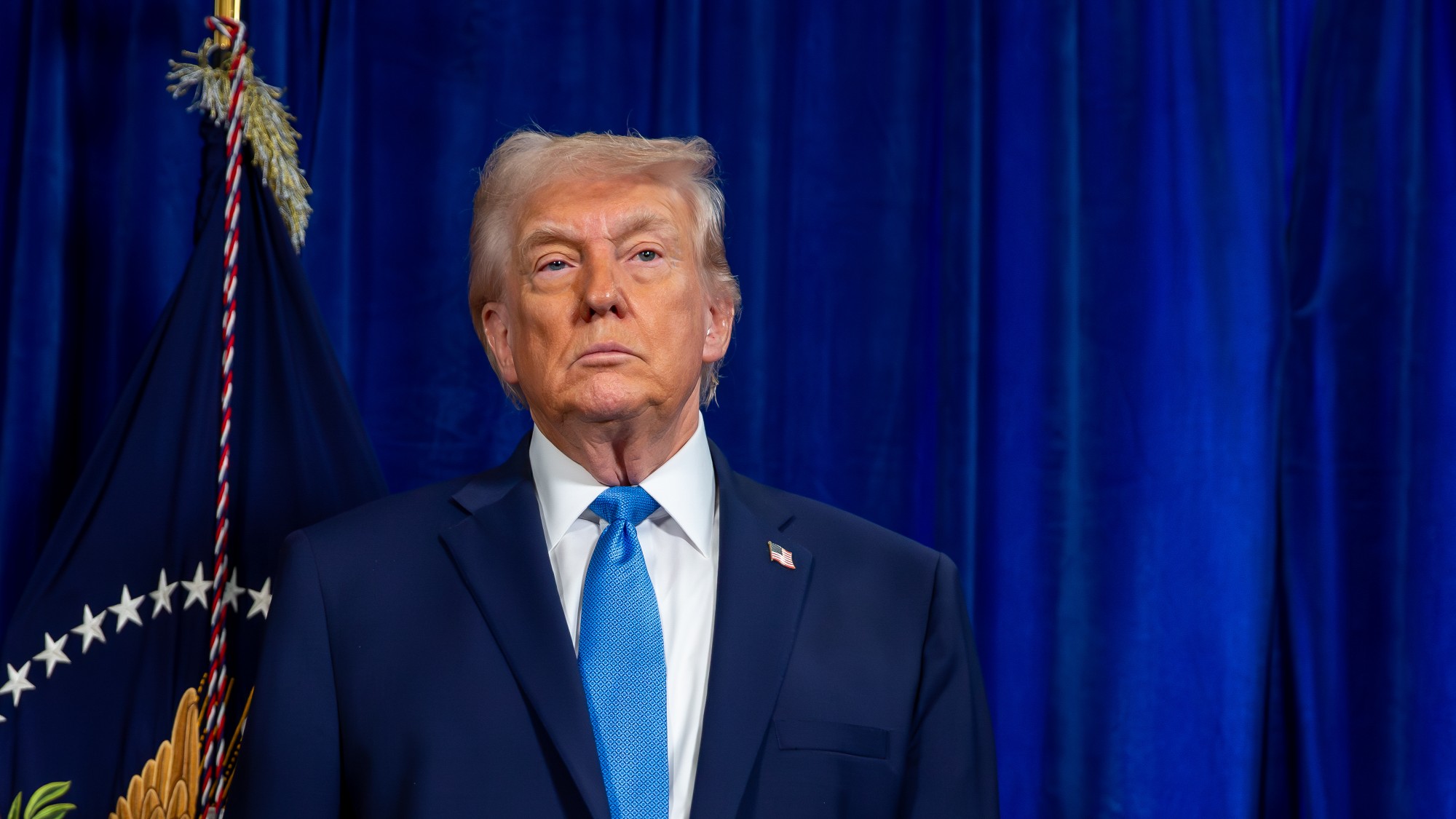Issue of the week: The standoff over Dubai’s debt
Dubai World sent global financial markets into a panic when it asked creditors for a six-month moratorium on loan repayments.
A free daily email with the biggest news stories of the day – and the best features from TheWeek.com
You are now subscribed
Your newsletter sign-up was successful
So this is what happens when a nation finances “grandiose long-term plans” with “piles of short-term debt,” said Andrew England and Simeon Kerr in the Financial Times. Dubai World, the conglomerate owned by the city-state of Dubai, last week sent global financial markets into a panic when it asked creditors for a six-month moratorium on loan repayments. The request shocked investors, who had assumed that Dubai’s government, part of the United Arab Emirates, would stand behind the $60 billion debt of its own corporation. Their alarm deepened when Abu Dhabi, the oil-rich capital of the UAE, also declined to backstop Dubai World. Western banks are no doubt now wondering why they lent Dubai billions for vanity projects, said Landon Thomas in The New York Times, like the world’s tallest skyscraper and an artificial harbor island shaped like a palm tree. The banks, already staggered by mortgage losses, can ill afford another massive default. But neither can Dubai, which doesn’t want to “jeopardize its reputation as a sound credit risk.” Threatened with “mutually assured destruction,” Dubai and the banks are now renegotiating billions in Dubai World debts.
Abu Dhabi, for its part, also has ample motivation to bring this crisis to a conclusion, said Paul Maidment in Forbes.com. Despite its public refusal so far to back Dubai’s debt, the emirate “has little choice but to bail out Dubai.” A full-blown default could unleash political upheaval in both emirates, which have close cultural and economic ties. But Abu Dhabi’s help would come at a steep price. After years of grumbling while Dubai transformed itself into “the glamour emirate,” Abu Dhabi can now “rein in the Dubai ruling family’s autonomy.” Dubai World’s debt crisis will leave Dubai “a lesser, chastened place,” its dreams of becoming a global financial capital “left in the sand.”
It’s a rude awakening for Dubai, which “has always marketed itself as a model of a global city,” said Roula Khalaf in the Financial Times. The government’s sales pitch was that Dubai was an oasis of stability in “a violent and unstable environment.” It became “a magnet for people and money fleeing other volatile spots,” and banks eagerly financed its transformation into a haven for the super-rich. In the wake of the credit crisis, though, the money and people have fled, and Dubai stands revealed for what it really is: “a financial center that cannot pay its debts.”
The Week
Escape your echo chamber. Get the facts behind the news, plus analysis from multiple perspectives.

Sign up for The Week's Free Newsletters
From our morning news briefing to a weekly Good News Newsletter, get the best of The Week delivered directly to your inbox.
From our morning news briefing to a weekly Good News Newsletter, get the best of The Week delivered directly to your inbox.
Dubai’s lofty aspirations aren’t the only dreams that have been shattered, said Rita Nazareth in Bloomberg.com. Investors have been reminded that “government spending alone won’t be enough to protect financial markets.” Jolted out of their complacency, investors in markets from Brazil to Latvia are now anxiously wondering whether governments in the developing world have the wherewithal to bail out their business sectors if necessary. Those who assumed the global debt crisis was over had better think again.
A free daily email with the biggest news stories of the day – and the best features from TheWeek.com
-
 Political cartoons for February 8
Political cartoons for February 8Cartoons Sunday’s political cartoons include going down the drain, American history, and more
-
 Touring the vineyards of southern Bolivia
Touring the vineyards of southern BoliviaThe Week Recommends Strongly reminiscent of Andalusia, these vineyards cut deep into the country’s southwest
-
 American empire: a history of US imperial expansion
American empire: a history of US imperial expansionDonald Trump’s 21st century take on the Monroe Doctrine harks back to an earlier era of US interference in Latin America
-
Issue of the week: Yahoo’s ban on working from home
feature There’s a “painful irony” in Yahoo’s decision to make all its employees come to the office to work.
-
Issue of the week: Another big airline merger
feature The merger of American Airlines and US Airways will be the fourth between major U.S. airlines in five years.
-
Issue of the week: Feds’ fraud suit against S&P
feature The Justice Department charged S&P with defrauding investors by issuing mortgage security ratings it knew to be misleading.
-
Issue of the week: Why investors are worried about Apple
feature Some investors worry that the company lacks the “passion and innovation that made it so extraordinary for so long.”
-
Issue of the week: Does Google play fair?
feature The Federal Trade Commission cleared Google of accusations that it skews search results to its favor.
-
Issue of the week: The Fed targets unemployment
feature By making public its desire to lower unemployment, the Fed hopes to inspire investors “to behave in ways that help bring that about.”
-
Issue of the week: Is Apple coming home?
feature Apple's CEO said the company would spend $100 million next year to produce a Mac model in the U.S.
-
Issue of the week: Gunning for a hedge fund mogul
feature The feds are finally closing in on legendary hedge fund boss Steven Cohen.